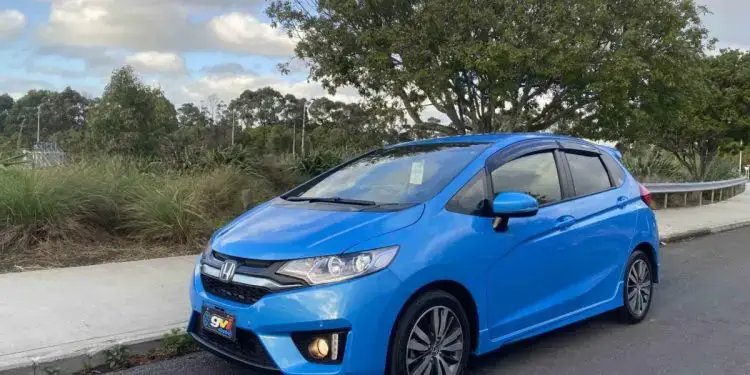Hybrid cars use less fuel than traditional ones. In a place like Zimbabwe, where fuel prices can be unpredictable, this can save you a lot of money in the long run.
With less fuel consumption, hybrid cars produce fewer emissions. This means cleaner air for everyone, which is especially important in cities like Harare and Bulawayo, where pollution levels can be high.
Hybrid cars demonstrate greater efficiency, especially in urban environments. They use regenerative braking to recharge the battery while coasting downhill or approaching traffic lights. This feature significantly reduces average fuel consumption, making them well-suited for city driving.
Hybrid cars come with cool features like regenerative braking, which helps to save even more fuel. Plus, driving a hybrid shows that Zimbabwe is keeping up with modern technology trends.
Hybrid cars can be more expensive to buy upfront compared to regular cars. This might put them out of reach for some people despite the long-term savings on fuel.
Unlike traditional cars, hybrids need to be charged. But finding charging stations in Zimbabwe can be a challenge. The Zimbabwe Energy Regulatory Authority (ZERA) opened its first commercial electric vehicle charging port in Gweru in March 2024. Without easy access to charging, it can be tricky to keep your hybrid running smoothly.
Fixing a hybrid car can be more complicated and expensive than fixing a regular car. Specialised knowledge and parts are often needed, which might not be readily available.
The batteries in hybrid cars don’t last forever and can be expensive to replace. Plus, they need to be disposed of properly because they contain hazardous materials.
Hybrid cars offer potential benefits like fuel savings and environmental friendliness, but they also come with drawbacks such as higher upfront costs and maintenance challenges. Whether a hybrid is right for you depends on your priorities and circumstances.
Source iHarare










